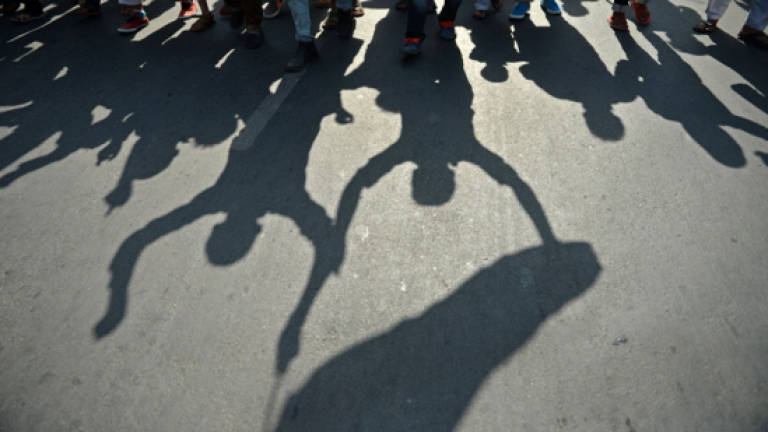Vietnam Catholic monastery sealed off after violent land dispute

HANOI: A Catholic monk said Thursday that he and others were blocked from leaving their monastery in Vietnam after violent clashes over land rights, the latest standoff over the flashpoint issue in the fast-growing nation.
All land is owned by the state in communist Vietnam, where property disputes are common — and often turn violent — as authorities scoop up valuable acreage, especially near rapidly-expanding cities.
The latest clashes erupted Wednesday when about 100 men and women stormed a Catholic monastery in central Thua Thien Hue province and tried to tear down a statue of Jesus on a cross, injuring some five people, monk Joseph Marie Chu Manh Cuong told AFP.
He said he believed the group was linked to local authorities, who have threatened to seize the monastery's land to build a road. The claim could not be immediately verified.
Local officials refused to comment on the incident when contacted by AFP Thursday.
"They attacked us with saws, sticks and water pipes," the monk told AFP by phone. "They beat us and brought down the cross."
He said unidentified men had since barred him and several others from leaving the Thien An Saint Benedict Monastery, adding that many of the monks needed medical attention.
Another monk was beaten on Thursday until he fainted, Cuong added. Footage on social media showed an unresponsive man being carried away after he was kicked by a group of men.
Rights groups have long accused Vietnam's government of having links to plain clothes men or women who attack and harass critics, sometimes brutally.
While the one-party state severely restricts free expression, protests do occur and land grabs are a key trigger.
In April, villagers near Hanoi took more than a dozen police and officials hostage in a week-long standoff after the government threatened to confiscate their land for a military-owned telecommunications company.
In another high-profile incidents a Vietnamese fish farmer used homemade weapons to resist a forced eviction in 2012, injuring seven policemen.
The farmer was jailed for five years, and his case became a symbol of growing public dissatisfaction over such disputes.
A new land law was introduced in 2013, which was intended to make land use rights more transparent, but many tenants still complain of illegal land-grabbing, opaque processes and unfair compensation. — AFP